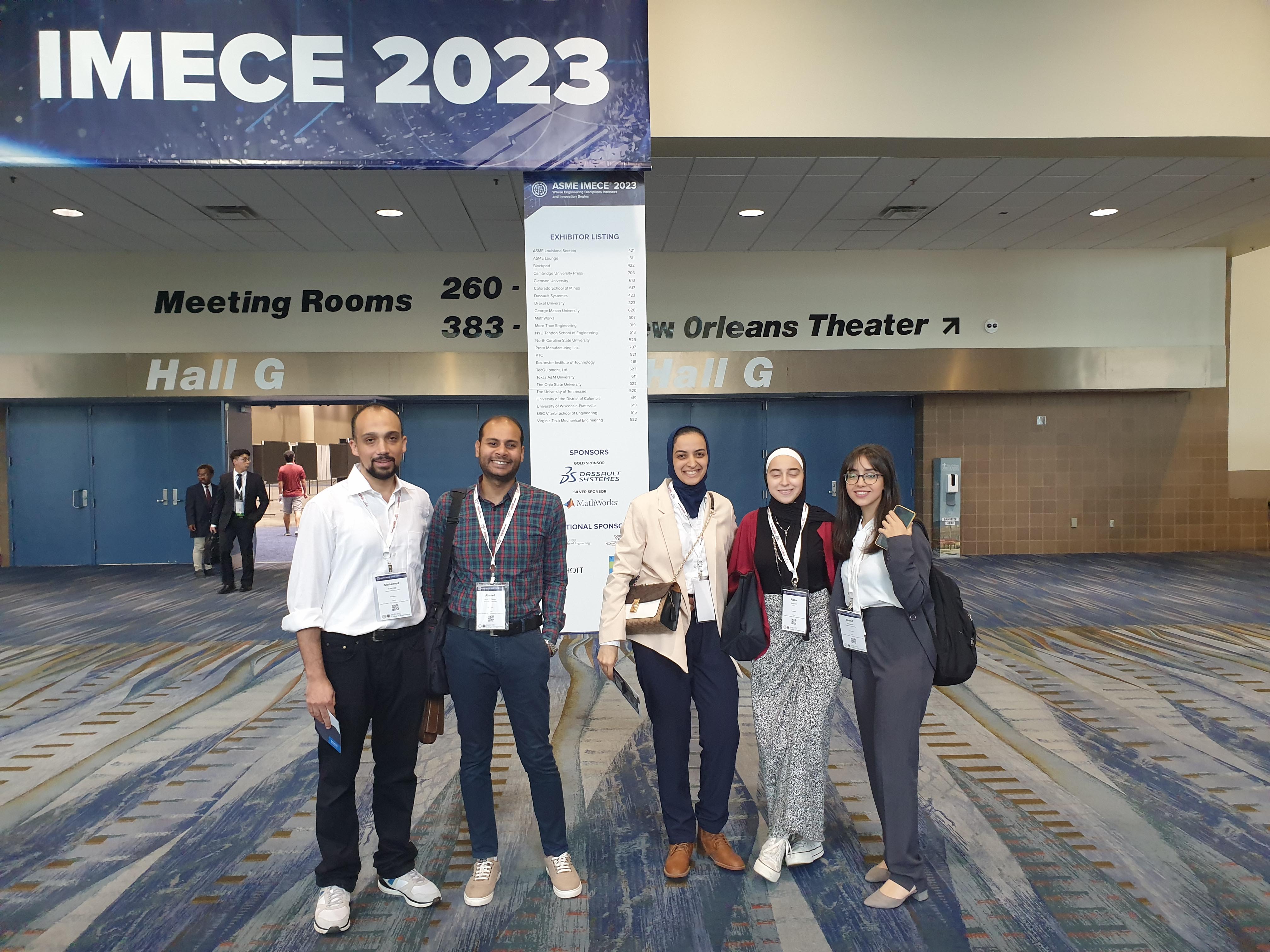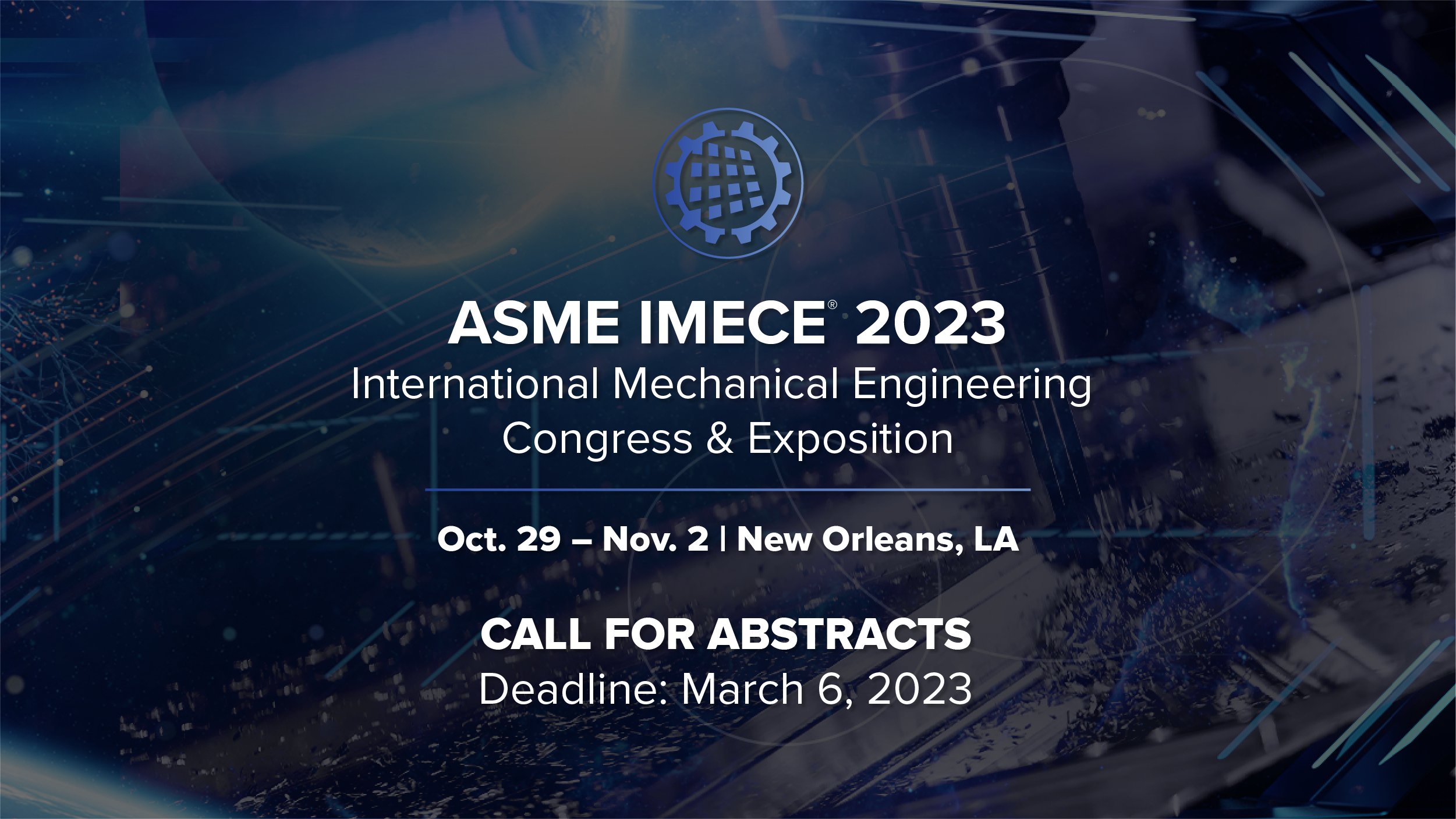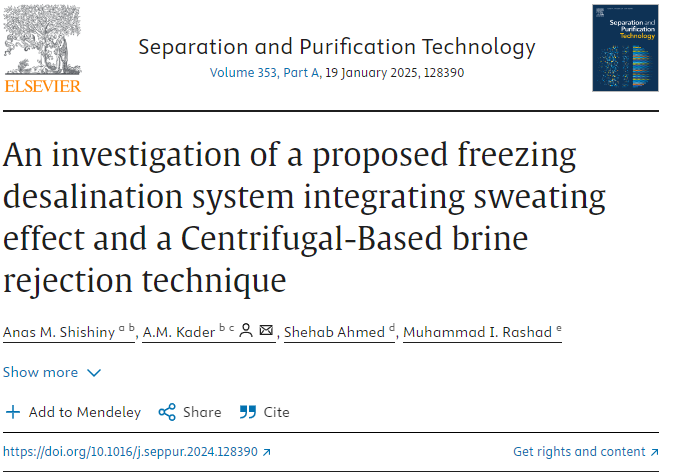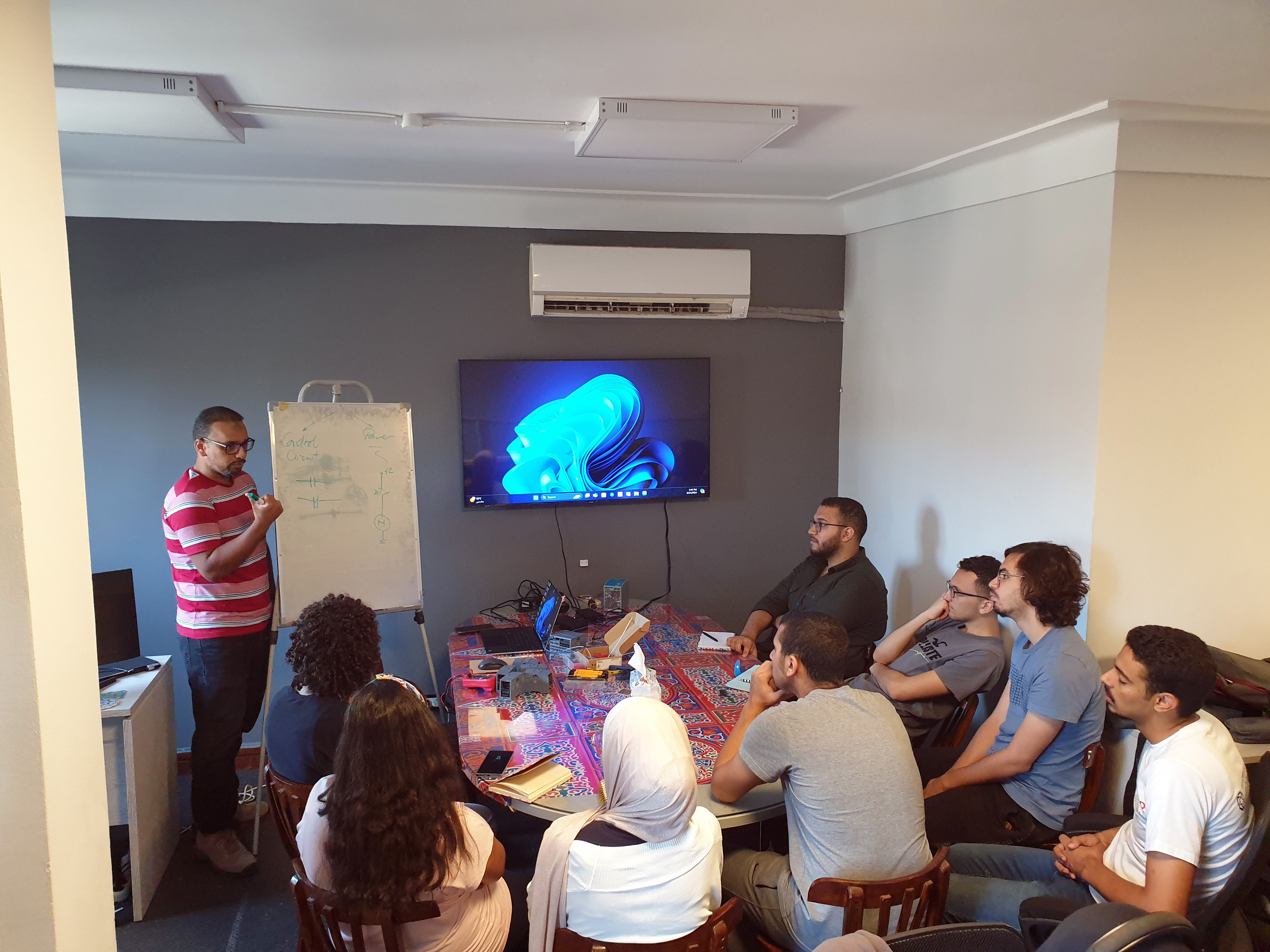Breakthrough in Desalination: New Study Unveils Advanced Single-Stage Freezing Technique
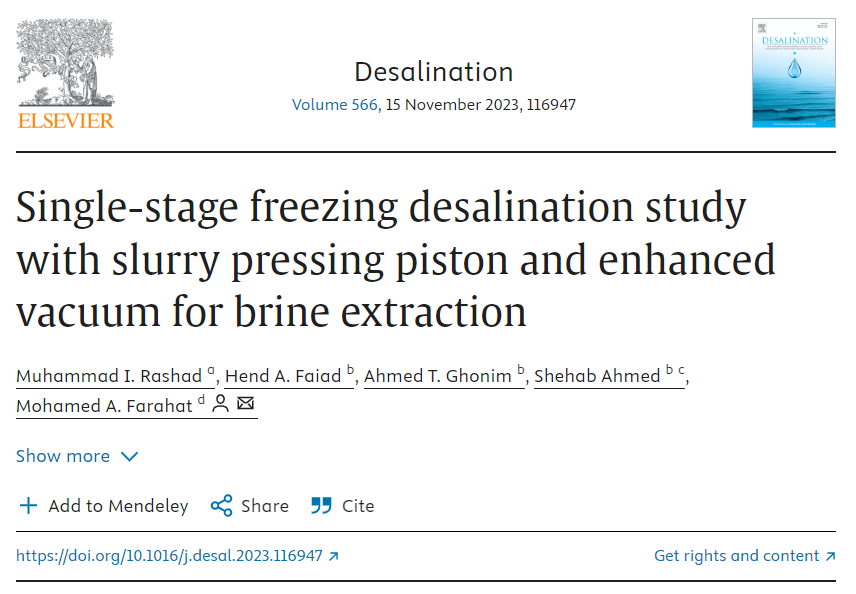
We are excited to announce the addition of a groundbreaking new publication to our company's research record. Titled "Single-stage Freezing Desalination Study with Slurry Pressing Piston and Enhanced Vacuum for Brine Extraction," this study represents a significant advancement in desalination technology. Our dedicated research team has explored innovative methods to enhance the efficiency and effectiveness of the desalination process. The study focuses on a single-stage freezing technique, combined with a slurry pressing piston and an enhanced vacuum system, to optimize brine extraction. This novel approach not only improves the purity of the extracted water but also reduces energy consumption, making it a more sustainable solution for desalination. The research findings have the potential to revolutionize the industry, offering new hope for regions facing water scarcity. We are incredibly proud of our team’s hard work and dedication in pushing the boundaries of what is possible in desalination technology. Their commitment to innovation and excellence continues to drive our company forward. We invite you to delve into the full publication to learn more about this exciting development here . Stay tuned for more updates as we continue to lead the way in cutting-edge research and solutions.
